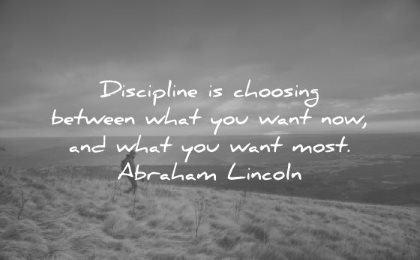I’ve been trying to read more and listen to more podcasts because I enjoy hearing the perspectives of others. My hope is to learn from what they are experiencing. In the midst of this when I listen to the HR voices, I see a common thread of reverting to creating and developing mountains of policies in order to address the current work environment and situation.
There are blogs and webinars about Return to Work policies. Now that we’re seeing that uncertainty is becoming more of the norm, there are more calls for discipline and punishment for those we KNOW are falling outside the boundaries we expect them to stay in. We keep striving for control and a lack of variablity in a time when variability is the norm !!
If you lead with “policy” as your first step, then I contend you’re completely missing the people aspect of your work. This is more reflective of how your company, and HR, truly view those who are your “greatest asset” on every mission statement adorning every company lobby. It continues to astonish me that people feel if we punish, address and confine people more tightly, then we’re sure to get the behavior we expect.
This has NEVER worked, and it NEVER will !!
I can already hear the traditionalist espousing that without stringent policies for every aspect of a person’s work life, abject chaos is sure to occur. They’re already listing one hundred HR horror stories of what happened when policies weren’t forcefully enacted. That has been their experience when working with people. This is flat miserable HR in my opinion, and I want to offer a different way to look at how discipline could occur in your organization.
Be disciplined first yourself.
It sounds simple and trite, but it takes incredible effort and energy. People struggle with being personally disciplined. We have no problem citing chapter and verse and then eagerly running to grab the form we spent days creating to make sure it was perfect in every possible way so we can enforce what is truly needed to maintanin order. That is simple.

Being disciplined yourself calls for you to be consistent, approchable, and willing to coach up rather than punish. There are many other ways to be disciplined physically, emotionally and spiritually. What I’d like you to consider is being displined yourself so you have to discipline others less.
Let me ask you this . . . Do you interact with others because you “can” or because you “have” to? Do you only spend more than 30 seconds with someone because of some assumed problem? Do you spend time with people because they’re great humans who come to work every day to do their best?
The number one reason I’m in HR is that I have the joy of being with people every day on purpose. That’s not some idyllic motivational aspiration. It’s a fact. People are amazing, messy, wonderful, challenging, inspirational, curious beings who seek to add value and be acknowledged – just like you are. We forget that everyone is a person.
You see, by being self-disciplined in how I view others, I can see the best in them. By working on being consistent, intentional and approachable, I can enter any interaction between two or more people with confidence. The approach is to have a conversation and assess what’s in front of us. If someone has gone out of bounds, then I coach them back in. Along with that I explain that if they choose to keep going out of bounds, there will be consequences.
I understand the need for parameters and definitions for how to work well, and I believe in them. What I don’t believe in is an archaic system built on punishment. I know people will disappoint me just as I could disappoint others. However, making the time to invest in others to learn who they are, what they’re interested in and how they’d like to perform well leads to a culture where hard core disciplining of others diminishes. It does.
When people know they’re valued by you and the organization, they are more likely to perform.
What would HR look like for you if you followed the expectation of pouring into others because they came to work that day? No other reason. You intentionally interactied with everyone you encountered just because. No agenda. No yearn to get in, get out and get back to your other tasks. Instead, you made the time to converse because you could. If you have to jump into a conversation more around the work at hand, fine, but don’t make that the reason you start the conversation.
I’m telling you if you developed this discipline, you’d start to believe in others and expect they would give their best. HR would then become the profession you’d always hoped it would be !!
This week start being discipline(d) yourself and see people for the great contributors they always have been !! You’ll soon be astonished how full and rich your days become.
